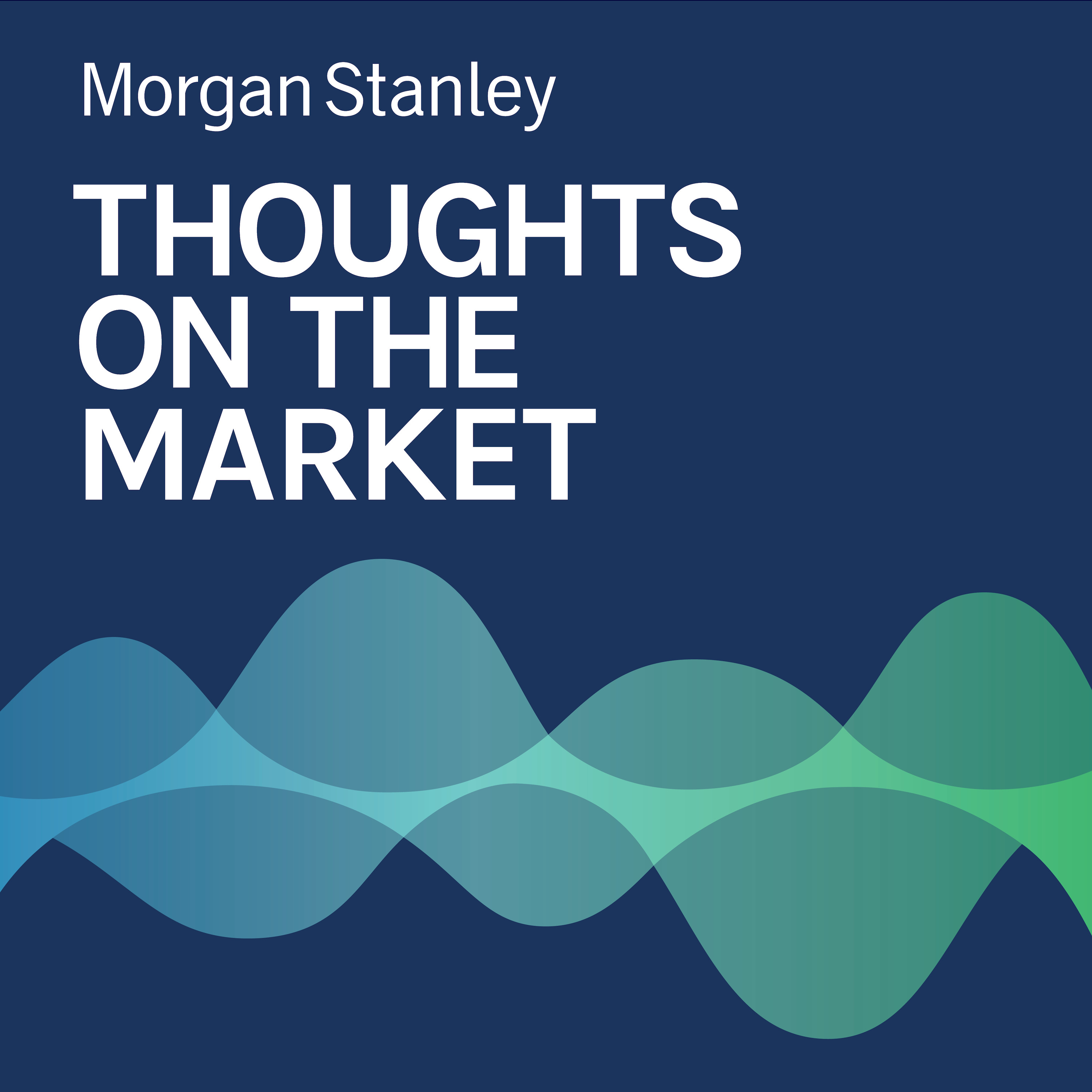Jonathan Garner: Looking for Alternatives to Emerging Markets

b"
Forecasts for China and other Emerging Markets have continued on a downtrend, extending last year\\u2019s underperformance, meaning investors might want to look into regions with a more favorable outlook.
Important note regarding economic sanctions. This research references country/ies which are generally the subject of selective sanctions programs administered or enforced by the U.S. Department of the Treasury\\u2019s Office of Foreign Assets Control (\\u201cOFAC\\u201d), the European Union and/or by other countries and multi-national bodies. Users of this report are solely responsible for ensuring that their investment activities in relation to any sanctioned country/ies are carried out in compliance with applicable sanctions.
-----Transcript-----
Welcome to Thoughts on the Market. I'm Jonathan Garner, Chief Asia and Emerging Markets Equity Strategist for Morgan Stanley Research. Along with my colleagues bringing you a variety of perspectives, today I'll be talking about the key reasons why we recently reiterated our cautious stance on overall emerging market equities and also China equities. It's Friday, April 22nd at 8:00 p.m. in Hong Kong.
Now, emerging market equities are underperforming again this year, and that's extending last year's underperformance versus developed market equities. And so indeed are China equities, the largest component of the Emerging Market Equities Index. This is confounding some of the optimism felt by some late last year that a China easing cycle could play its normal role in delivering a trend reversal.
We have retained our cautious stance for a number of reasons. Firstly, the more aggressive stance from the US Federal Reserve, signaling a rapid move higher in US rates, is leading to a stronger US dollar. This drives up the cost of capital in emerging markets and has a directly negative impact on earnings for the Emerging Markets Index, where around 80% of companies by market capitalization derive their earnings domestically. Secondly, China's own easing cycle is more gradual than prior cycles, and last week's decision not to cut interest rates underscores this point. This decision is driven by the Chinese authorities desire not to start another leverage driven property cycle. Meanwhile, China remains firmly committed to tackling COVID outbreaks through a lockdown strategy, which is also weakening the growth outlook. Our economists have cut the GDP growth forecast for China several times this year as a result.
Beyond these two factors, there are also other issues at play undermining the case for emerging market equities. Most notably, the strong recovery in services spending in the advanced economies in recent quarters is leading to a weaker environment for earnings growth in some of the other major emerging market index constituents, such as Korea and Taiwan. They have benefited from the surge in work from home spending on goods during the earlier phases of the pandemic. Meanwhile, the geopolitical risks of investing in emerging markets more generally have been highlighted by the Russia Ukraine conflict and Russia's removal from the MSCI Emerging Markets Index.
So what do we prefer? We continue to like commodity producers such as Australia and Brazil, which are benefiting from high agricultural, energy and metals prices. We also favor Japan, which, unlike emerging markets, has more than half of the index deriving its earnings overseas and therefore benefits from a weaker yen.
Thanks for listening. If you enjoy the show, please leave us a review on Apple Podcasts and share Thoughts on the Market with a friend or colleague today.
"